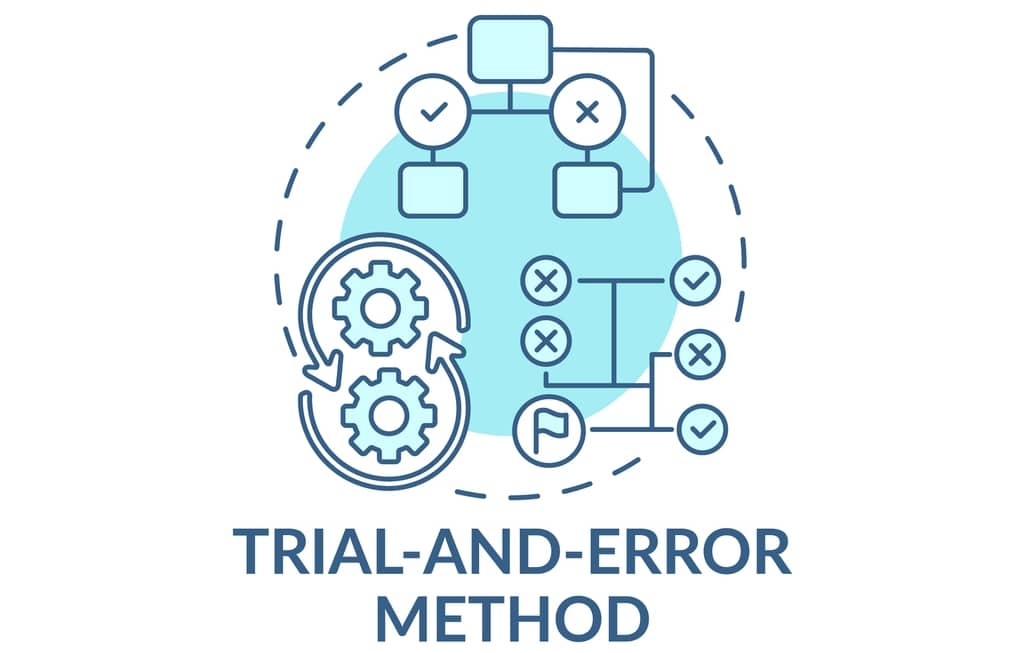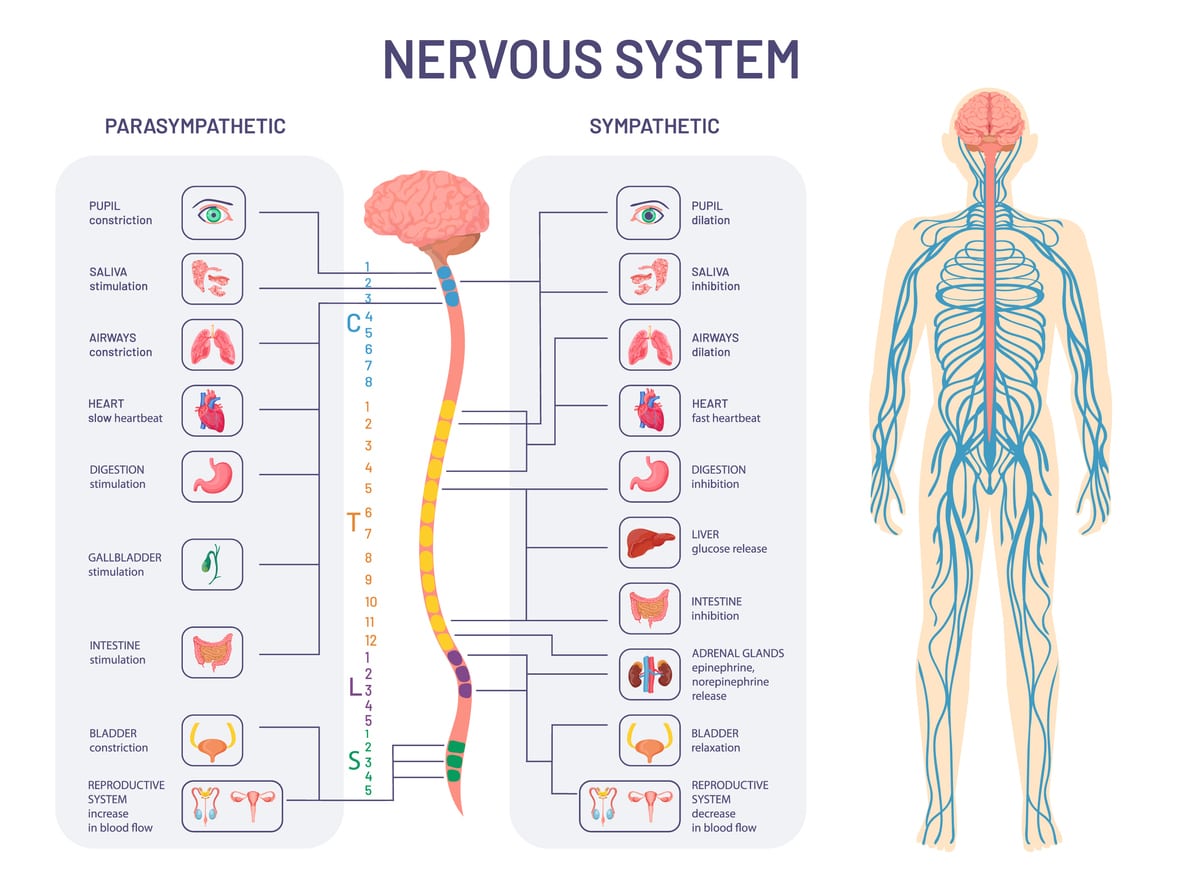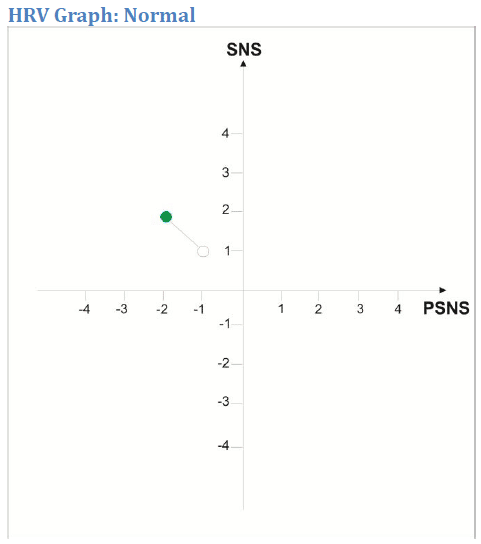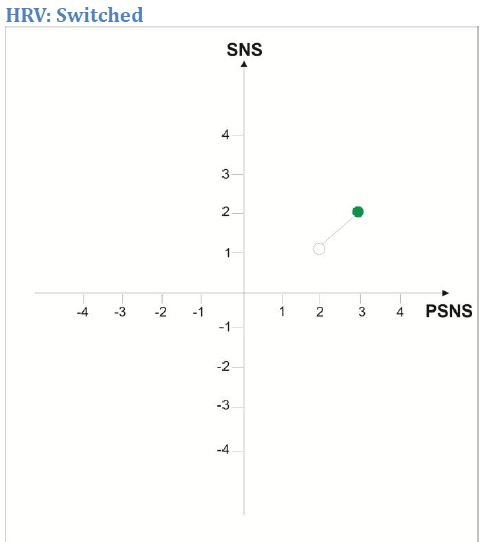
What’s Your Waist to Hip Ratio? Your Health Depends on It
What’s Your Waist to Hip Ratio? Your Health Depends on It
Ronald Grisanti D.C., D.A.B.C.O., DACBN, MS, CFMP
The waist-to-hip ratio (WHR) is a quick measure of fat distribution that may help indicate a person’s overall health.
What does a person’s waist-to-hip ratio say about their health?
According to the World Health Organization (WHO), having a WHR of over 1.0 may increase the risk of developing conditions that relate to being overweight, including heart disease and type 2 diabetes.
This may be the case even if other measures of being overweight, such as body mass index (BMI) are in normal range.
The following chart shows how the WHO classify the risk of being affected by weight related health conditions according to WHR:

Impact on Health
Research shows people who are “apple-shaped” are at a greater risk of certain health conditions than those who are “pear-shaped” (when the hips are wider than the upper body).
These health conditions include:
Cardiovascular disease: One study found that abdominal obesity increased the risk of cardiovascular disease and cancer. Another study found the WHR predicted cardiovascular disease more effectively than BMI or waist circumference. A third study found that WHR is a better indicator of risk of mortality from cardiovascular disease than waist circumference alone.
Type 2 diabetes: A 2016 study found that an increased waist circumference was linked to an increased risk of type 2 diabetes.
Fertility: A 2002 study found that women with a WHR of over 0.80 have a lower pregnancy rate than those with a lower WHR, regardless of their BMI.
A 2006 study with almost 15,000 older people (75 years of age or older), it was concluded that “waist to hip ratio” is more important than how much you weigh. The researchers looked at the relationship between waist to hip ratio and Body Mass Index (BMI – how we measure weight for height) and how many people died over the next 6 years.
As it turned out, WHR is even more accurate than BMI for predicting the risks of cardiovascular disease and premature death. In other words, it was “location, location, location” of fat that was most important – not how much you weigh.
More studies include related to WHR and Health Issues include:
A 2021 study found that WHR is an accurate tool for predicting hypertension.
A 2015 study showed that increased WHR is a better indicator than BMI for predicting complications in trauma patients.
A 2018 study shared that a high WHR was a significant predictor of death in women with heart failure.
A 2016 study found that a high WHR was associated with hypertension and diabetes.
The Health Benefits of Decreasing WHR
A 2020 study found that decreasing WHR by 5 percent significantly lowered risks of developing chronic kidney disease in people with nonalcoholic fatty liver disease.
So how do you measure your waist to hip ratio? You need a tape measure and a calculator. Here’s how you do it:
1: Measure your waist at the smallest point – usually at the naval or just above it
2: Measure you hips at the widest, largest part
3: Divide your waist measurement by your hip measurement (Waist Measurement ÷ Hip Measurement)
The idea here is that your waist should be smaller than your hips. If your waist is bigger than your hips, than you may have too much fat concentrated around the middle part of your body – something known as “intra-abdominal obesity”.
The concept is quite simple here in that intra-abdominal fat is bad for your health.
Conclusion
Measuring a person’s WHR is a quick way to get an indication of:
- Overall health
- Obesity levels
- Risk of weight-related health conditions
Compliments from Functional Medicine University
References:
https://www.acpjournals.org/doi/10.7326/m14-2525
https://onlinelibrary.wiley.com/doi/full/10.1002/ejhf.1244
https://bmcgeriatr.biomedcentral.com/articles/10.1186/s12877-016-0297-z














